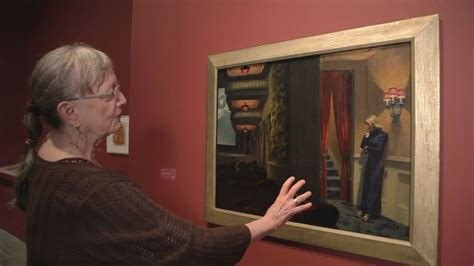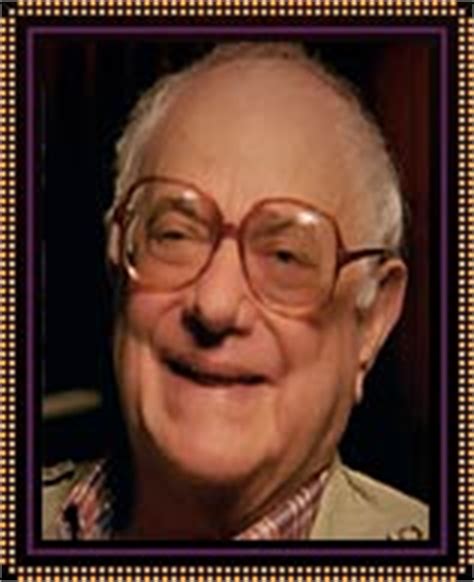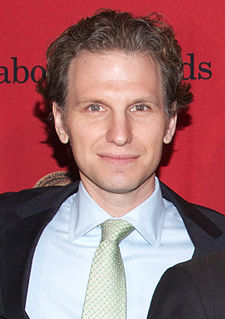A Quote by Jhumpa Lahiri
In graduate school, I decide to write my doctoral thesis on how Italian architecture influenced English playwrights of the seventeenth century. I wonder why certain playwrights decided to set their tragedies, written in English, in Italian palaces.
Related Quotes
About four years ago I made a list, for my own amusement, of the playwrights, the contemporary playwrights, by whom critics said I'd been influenced. I listed twenty-five. It included five playwrights whose work I didn't know, so I read these five playwrights and indeed now I suppose I can say I have been influenced by them. The problem is that the people who write these articles find the inevitable similarities of people writing in the same generation, in the same century, and on the same planet, and they put them together in a group.
Belonging to the Dramatists Guild Council where, with my fellow dramatists, I can directly affect (and protect) the professional lives of all American Playwrights has always made me feel that I am returning as much to the theatre as I withdraw. Because only playwrights can ensure the well-being of playwrights. No one else will do it for us.
I'd studied English literature and American history, but the English literature, which I thought was going to be helpful to me in an immediate way, was the opposite. So I had to un-think a lot of things and move out of my own head, and I learned a lot. It was like graduate school, but an un-graduate school or an un-school.
I came to graduate school at Harvard University in 1954. My thesis supervisor, Julian Schwinger, had about a dozen doctoral students at a time. Getting his ear was as difficult as it was rewarding. I called my thesis 'The Vector Meson in Elementary Particle Decays', and it showed an early commitment to an electroweak synthesis.
Some stories I write in Swedish, some in English. Short stories I've almost exclusively written in English lately, mostly because there's such a small market for them in Sweden and it doesn't really pay either. So, the translation goes both ways. What also factors in is that I have a different voice in English, which means that a straight translation wouldn't be the same as if I'd written it in English originally.



































